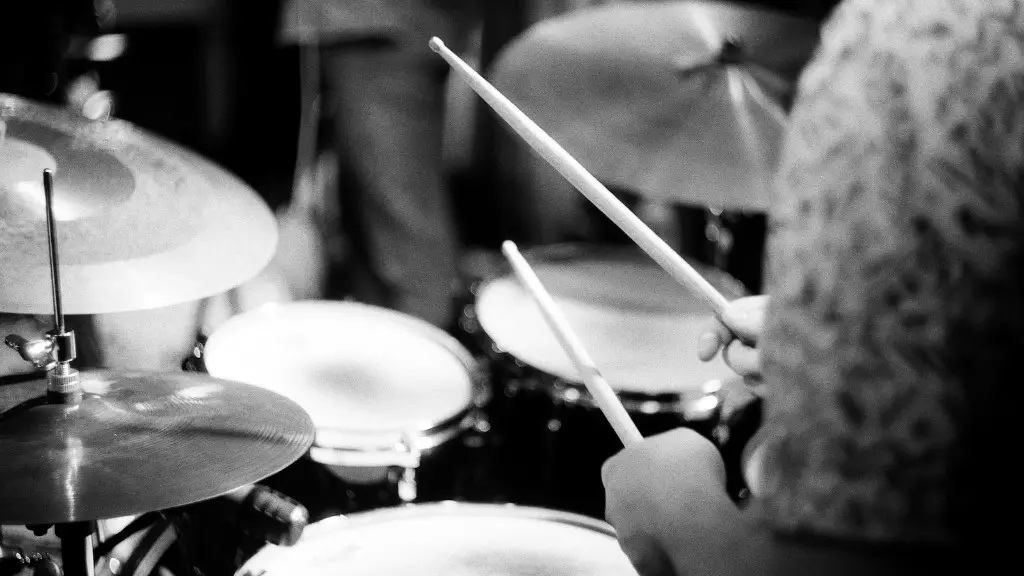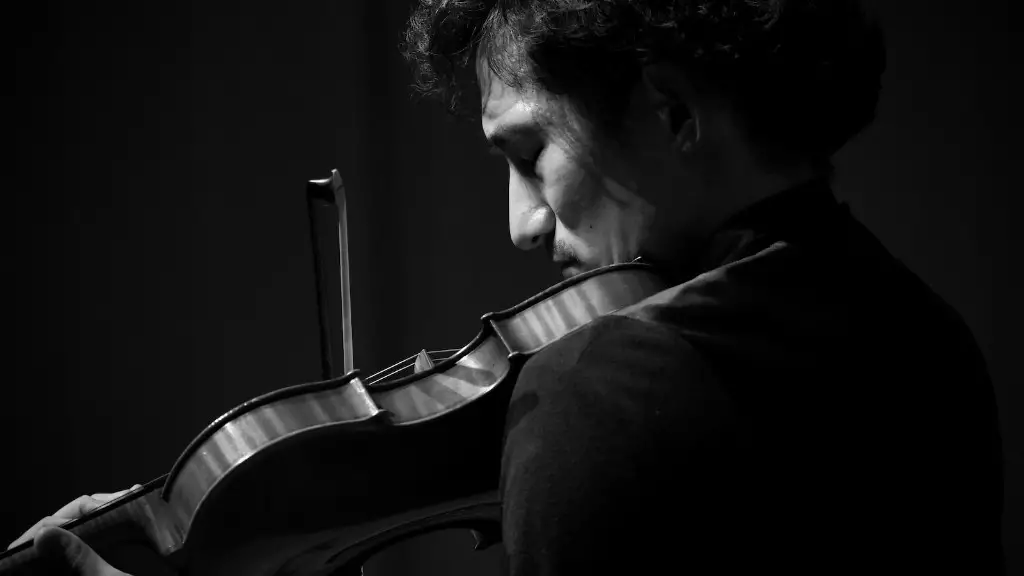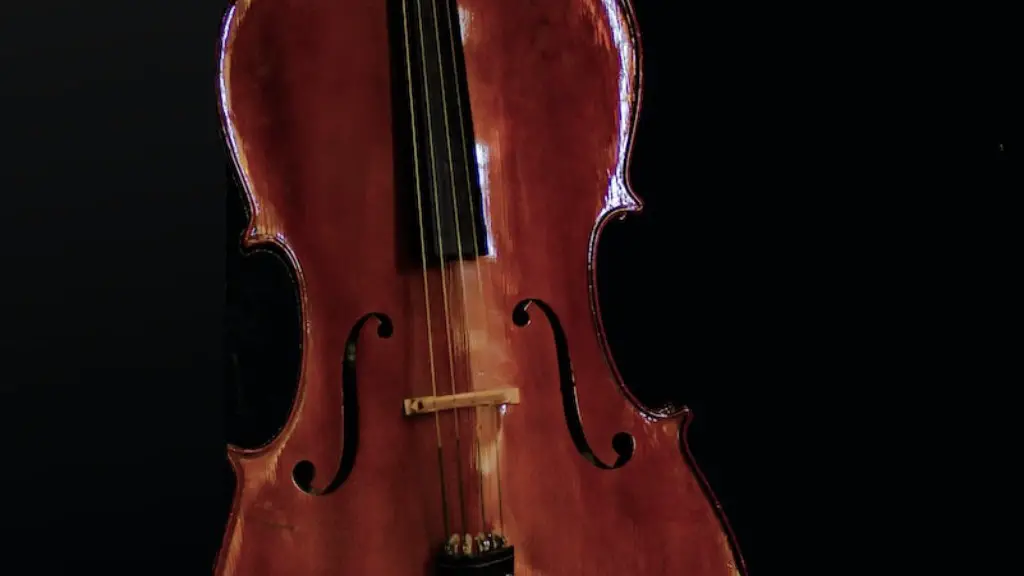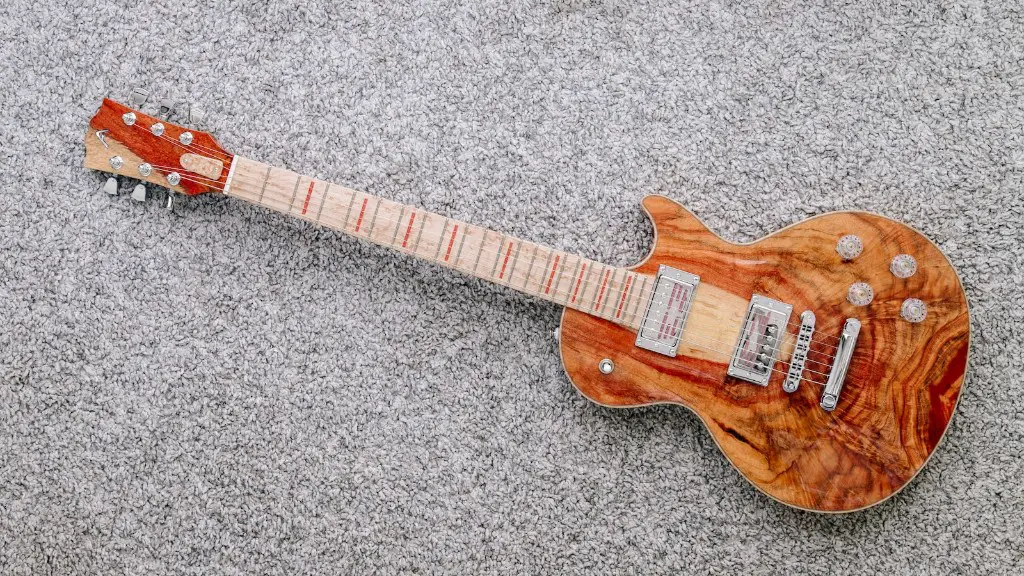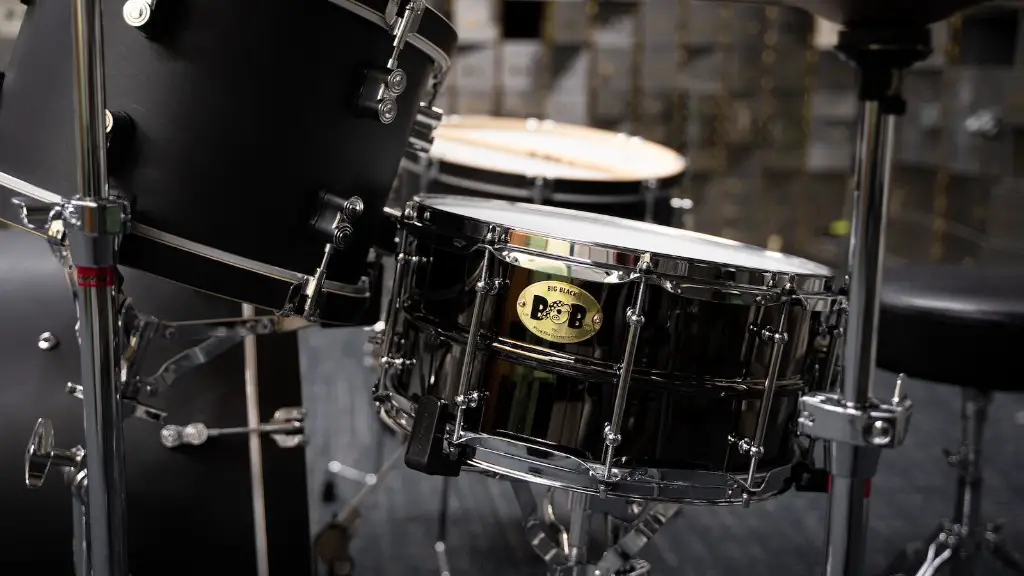Playing drums in an apartment can be a great way to explore your musical creativity without disturbing your neighbors.
However, it is important to take the necessary steps to ensure that you can enjoy your drumming without breaking the peace of your community. Here are some tips on how to play drums in an apartment and still maintain a good relationship with your neighbors.
First, invest in acoustic drum pads or electronic drums that are designed for quieter playing. This will help you reduce the amount of noise you make and also make it easier for you to practice without disturbing anyone else.
Second, use a practice pad or drum rug to reduce the impact of the sound waves from your drumming on the walls and floors of your apartment. This will also help reduce any vibrations that may travel through the walls and disturb other people in nearby apartments.
Finally, be sure to practice at times when most people are not likely to be disturbed by your drumming. This means avoiding late night or early morning sessions when most people are asleep or just getting ready for work.
By following these tips, you can enjoy playing drums in an apartment while still maintaining a good relationship with your neighbors.Be sure to keep practicing regularly, and you’ll soon become an expert drummer!
Soundproofing Your Drums in an Apartment
Living in an apartment can be challenging for drummers, as soundproofing is often required in order to keep neighbors happy. But with the right tools and knowledge, it’s possible to create a great sounding practice space without disturbing the peace. Here are some tips for soundproofing your drums in an apartment:
1. Invest in a good quality drum shield to reduce the amount of direct sound reaching your neighbors. Drum shields help absorb and reflect sound waves away from nearby walls, ceilings, and floors.
2. Use acoustic foam panels to absorb sound waves inside the room. Place them on walls, ceilings, and floors near your setup to help reduce reverberation and echoing inside the room.
3. Use a bass trap to capture low frequency sounds that can escape through walls and windows if not properly contained. Bass traps are placed in corners of the room and absorb lower frequencies before they reach outside walls.
4. Place rugs or carpets on hard floor surfaces like wood or concrete to help absorb reflections off these surfaces that could cause noise pollution outside of your apartment.
5.
Add a few pieces of furniture around your kit as they will help break up sound waves passing through walls or windows while also adding some visual appeal to your practice space.
By following these tips, you’ll be able to play drums in an apartment without worrying about making too much noise!
Setting Up Your Drum Kit in an Apartment
Playing drums in an apartment can be difficult due to noise restrictions, but with the right setup, you can still enjoy playing and honing your skills. The key is to find ways to reduce the sound while also making sure you have enough space for your kit. Here are some tips for setting up your drum kit in an apartment:
First, choose a location that is away from walls and other solid surfaces, as these will cause more reverberation and amplify sound. If possible, set up the drums on a rug or carpeted surface to further reduce sound levels. You can also purchase specialized drum dampening pads for additional sound control.
Second, ensure that all components of your drum kit are secure and stable. Wobbly legs and loose hardware can cause rattling noises which will be amplified throughout the apartment. Make sure all screws are tight and all moving parts are properly lubricated, if applicable.
Third, consider investing in electronic drums or practice pads which allow you to play without making too much noise. Electronic drums typically come with headphones so you can practice without disturbing others in the building. For traditional acoustic drums, using mesh heads instead of regular drumheads is another great way to reduce noise levels.
Overall, with some careful planning and a few simple steps, you can create a great environment for practicing drums in an apartment setting. With proper acoustic treatment and
Choosing the Right Practice Times and Locations in an Apartment
Playing drums in an apartment can be tricky due to the noise. To ensure that you don’t disturb your neighbors or get noise complaints, it’s important to choose the right practice times and locations for your drumming. The best times for drumming in an apartment are typically during the day when most people are either at work or school. Late evening and early morning should be avoided as this is when people are likely to be sleeping.
When it comes to location, try to find a room or area that is furthest away from any shared walls with neighboring apartments. Setting up a drum kit in a room with a door is ideal as it will help contain the sound and prevent it from traveling through walls and ceilings. Additionally, you can use soundproofing materials such as foam panels, rugs, thick curtains, or even egg cartons to help reduce the volume of your drums. By taking these steps and practicing responsibly, you can ensure that you won’t get any noise complaints while playing drums in an apartment.
Utilizing Drum Mutes and Other Sound Dampening Solutions
Playing drums in an apartment can be challenging due to the sound limitations. Fortunately, there are a few solutions to help reduce the noise. Drum mutes are one of the most popular options for reducing sound. These are pieces of foam or rubber that are placed on the drumheads to reduce volume without changing the tone or feel of the drums. Another option is using acoustic foam panels, which can be placed around the drum set to absorb excess sound. Finally, you can also use a practice pad or electronic drums to practice while still being respectful of your neighbours.
Using these sound dampening solutions will help you maintain an enjoyable playing experience while keeping noise levels to a minimum. With a bit of creativity and some research, you can find ways to enjoy your passion for drums in an apartment setting. It’s important to remember that respect for your neighbours is essential when it comes to playing drums in an apartment.
By utilizing drum mutes and other sound dampening solutions, you can still enjoy playing your instrument without disturbing those around you. It may take some trial and error as well as experimentation, but with patience and effort you’ll soon find what works best for you and your situation.
Managing Volume Levels When Practicing Drums in an Apartment
When practicing drums in an apartment, the sound can quickly become overwhelming and cause disturbances to neighbors and roommates. To avoid this, the first step is to use a good quality set of headphones. This will allow you to hear your playing clearly while controlling the volume levels. Additionally, you may want to invest in a practice pad or mesh head kit which will muffle some of the sound coming from your drumset.
Another option is to use a drum shield or acoustic baffles. These are panels of sound-absorbing material which can be mounted around your drum set to help reduce noise levels. You can also use foam or other materials around the walls of your apartment to help absorb excess sound waves.
Finally, it is important to consider the type of sticks you are using when playing drums in an apartment. Heavier sticks will produce louder sounds, so consider using wooden sticks or brushes instead for quieter playing. With some planning and preparation, it is possible to practice drums in an apartment without disrupting your neighbors and roommates!
Finding Ways to Reduce Vibrations When Playing Drums in an Apartment
Playing drums in an apartment can be a challenge due to the noise and vibrations that accompany it. Fortunately, there are a few simple steps you can take to reduce vibrations when playing drums in an apartment.
First, add foam padding or soundproofing materials to the walls and floor of the room. This will help absorb some of the noise and vibrations that come from playing drums. You can also use carpeting on the floor to further reduce the noise and vibrations.
Second, use drum pads when you practice. Drum pads are pieces of rubber or plastic that act as a buffer between your sticks and the surface of your drum set. This will help absorb some of the impact from playing drums and reduce vibrations.
Third, make sure your drum set is properly tuned and balanced so that it doesn’t create too much vibration when you play. Tuning your drums regularly will also help improve their sound quality, making them more pleasant to listen to for both you and your neighbors.
Finally, consider investing in electronic drums or using headphones when you practice so that you don’t need to worry about making too much noise or causing too many vibrations. Electronic drums are quieter than acoustic ones and won’t cause any disturbances for those around you. Headphones allow you to practice without making any noise at all, which is great for those living in apartments with thin walls or shared spaces.
By following these steps, you can successfully
In Conclusion
Playing drums in an apartment can be a great way to practice and have fun without disturbing the neighbors. To make it a successful experience, it is important to find the right drum set for the space and to use proper sound proofing techniques. It’s also important to be aware of the building rules and regulations when it comes to playing drums. With the right equipment and sound proofing, you can play drums in an apartment without worrying about noise complaints. By following these steps, you’ll be able to enjoy playing drums in your apartment with minimal disruption.
